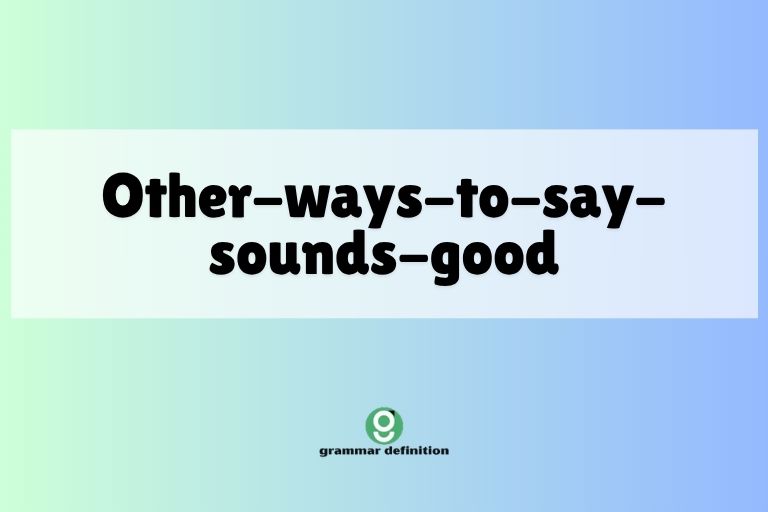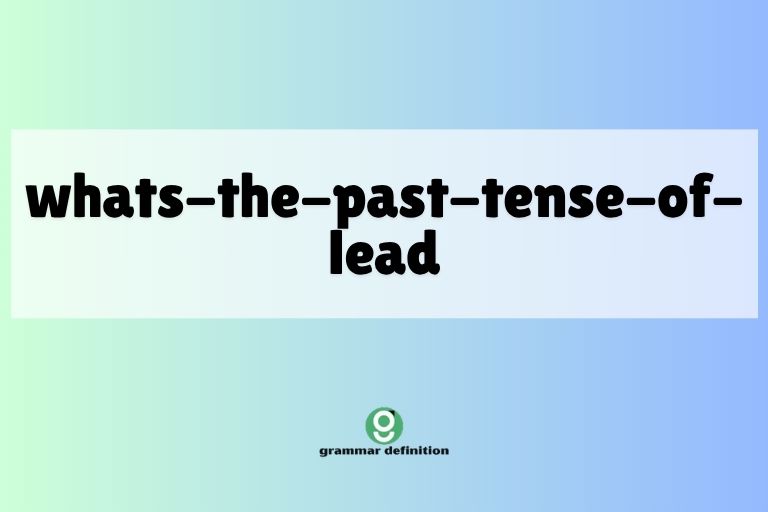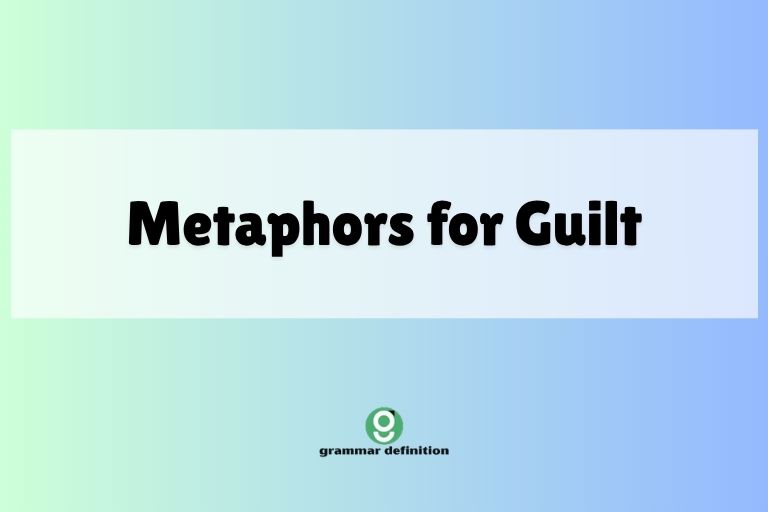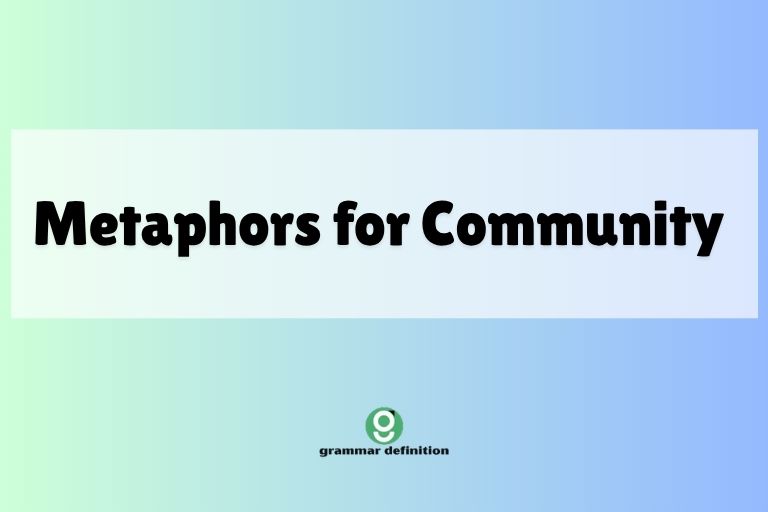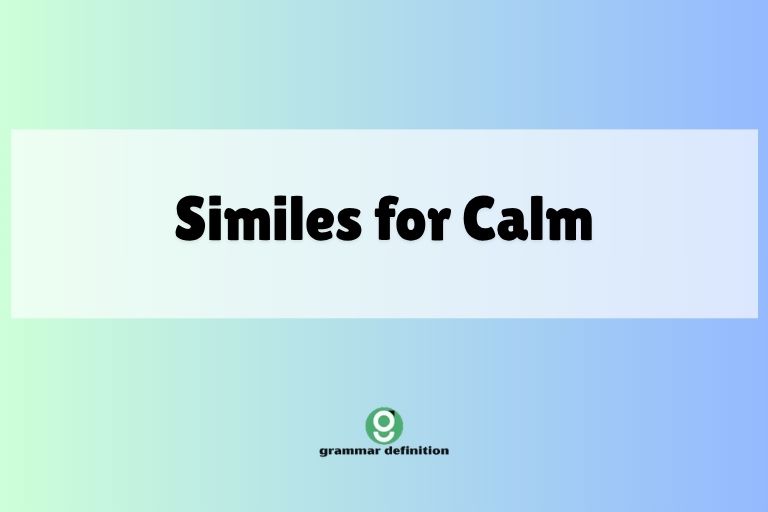Beyond “Sounds Good”: Diverse Ways to Express Agreement
Mastering English involves more than just understanding basic grammar; it’s about grasping the nuances that make your communication effective and engaging. One such nuance is finding alternatives to common phrases like “sounds good.” While perfectly acceptable, relying solely on this phrase can limit your expressiveness and make your speech sound repetitive. This article explores a…

